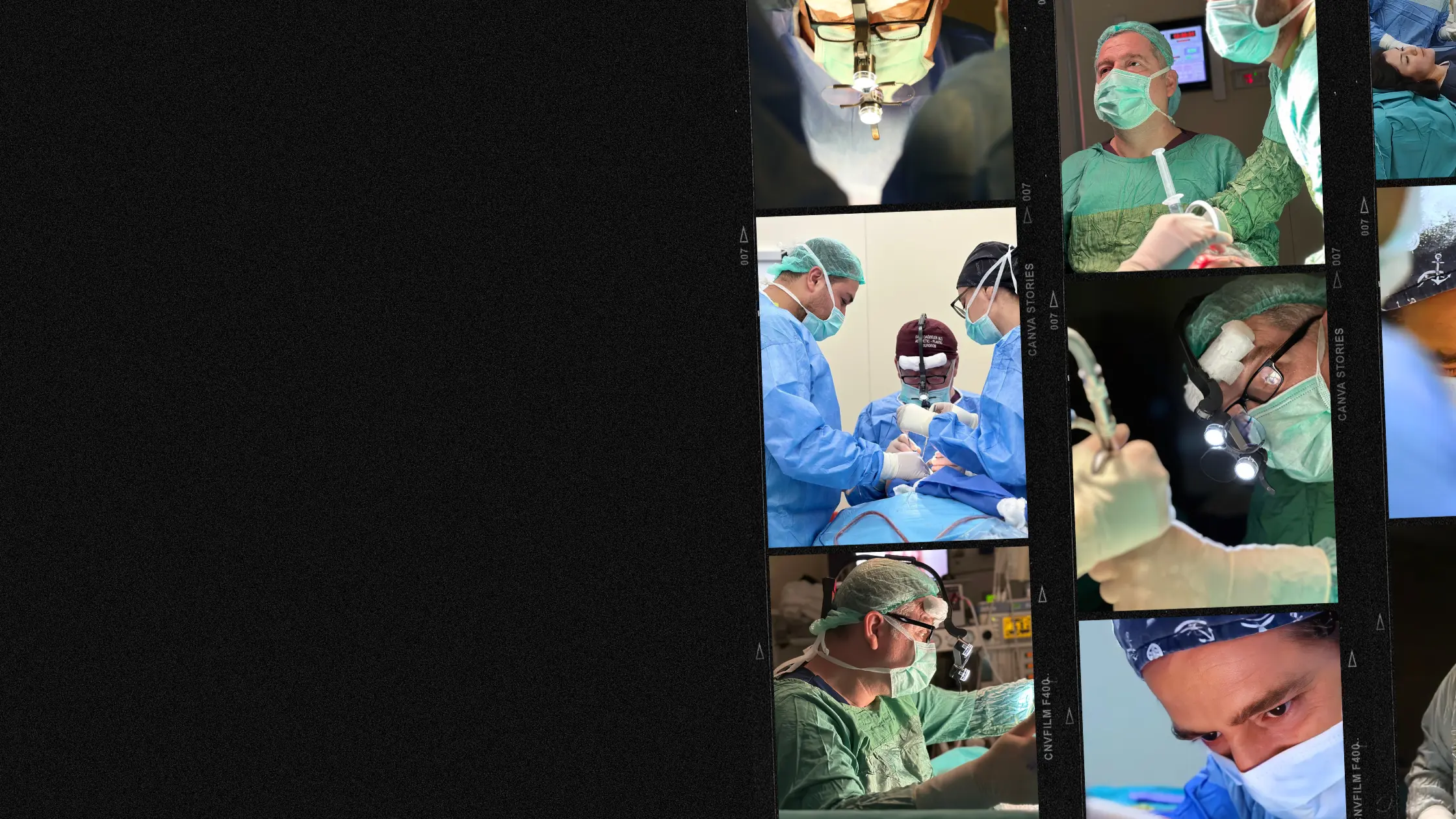The Role of Vascular Health in Scalp Conditioning for Optimal Transplant Outcomes
By Op. Dr. Fatih Dağdelen
As a seasoned aesthetic and plastic surgeon with extensive experience in the field, it has become increasingly evident to me that vascular health is a pivotal component in achieving optimal outcomes in hair transplant procedures. A well-vascularized scalp ensures that transplanted hair follicles receive the necessary nutrients and oxygen to thrive, leading to superior transplant results. In this article, we will delve into the importance of vascular health in scalp conditioning and how it can significantly impact hair transplant success.
The Importance of Vascular Health in Scalp Conditioning
Vascular health refers to the state of the blood vessels that supply oxygen and nutrients to the tissues. In the context of hair transplants, healthy blood vessels are crucial for the survival and growth of transplanted hair follicles. Poor vascular health can lead to compromised blood flow, which in turn can result in suboptimal transplant outcomes.
Blood Supply to the Scalp
The scalp is richly supplied with blood vessels, primarily through the superficial temporal artery, occipital artery, and their branches. These vessels provide essential nutrients and oxygen to the hair follicles, promoting healthy hair growth. Any impairment in vascular health can disrupt this supply, leading to hair thinning and hair loss.
Factors Affecting Vascular Health
Age and Vascular Health
As individuals age, the health of their blood vessels naturally declines. The walls of the vessels may become less elastic, and the lumen may narrow due to plaque buildup. This age-related decline in vascular health can negatively impact scalp conditioning, making it imperative to address vascular health in older patients undergoing hair transplants.
Lifestyle and Vascular Health
Lifestyle factors such as smoking, poor diet, and lack of physical activity can significantly impair vascular health. Smoking, in particular, constricts blood vessels and reduces oxygen supply, while a diet high in saturated fats can lead to atherosclerosis. These factors must be managed to enhance scalp vascularity pre-transplant.
Enhancing Vascular Health for Optimal Transplant Outcomes
Improving vascular health before a hair transplant can significantly enhance the success rates. Here are some strategies to optimize scalp vascularity:
Lifestyle Modifications
Patients are advised to quit smoking, adopt a balanced diet rich in antioxidants and omega-3 fatty acids, and engage in regular physical exercise. These lifestyle changes can improve overall vascular health and ensure a well-conditioned scalp for transplantation.
Medical Interventions
Certain medical treatments can also improve vascular health. For instance, vasodilators can help expand blood vessels, increasing blood flow to the scalp. Additionally, platelet-rich plasma (PRP) therapy has shown promising results in enhancing scalp vascularity and promoting hair growth.
The Role of Preoperative and Postoperative Care
Preoperative and postoperative care are critical in ensuring optimal vascular health and transplant outcomes. Proper scalp preparation before surgery, including the use of vasodilators and PRP, can enhance blood flow to the scalp. Postoperatively, maintaining a healthy lifestyle and adhering to medical recommendations are vital in promoting the survival and growth of transplanted hair follicles.
Preoperative Care
Patients should undergo a thorough vascular assessment before the transplant. Measures such as lipid-lowering agents and antihypertensives may be prescribed to improve vascular health. PRP therapy can be administered to enhance scalp blood flow.
Postoperative Care
Postoperative care involves continuing lifestyle modifications and possibly additional PRP sessions to maintain scalp vascularity. Patients should follow a diet rich in vitamins and minerals, avoid smoking, and engage in regular exercise to support vascular health.
Conclusion
In conclusion, vascular health plays a critical role in scalp conditioning, directly impacting the outcomes of hair transplant procedures. By addressing factors that affect vascular health and implementing strategies to enhance scalp vascularity, we can significantly improve transplant success rates. As an expert in the field, I encourage patients to prioritize their vascular health for the best possible transplant results.
Call to Action:
Are you considering a hair transplant? Ensure your vascular health is at its best for optimal outcomes. Make an appointment with me today to start your journey towards a successful hair transplant. For any inquiries, feel free to reach out via WhatsApp at +90 507 178 17 79.
For further details, please visit our contact page and ask for a price.


